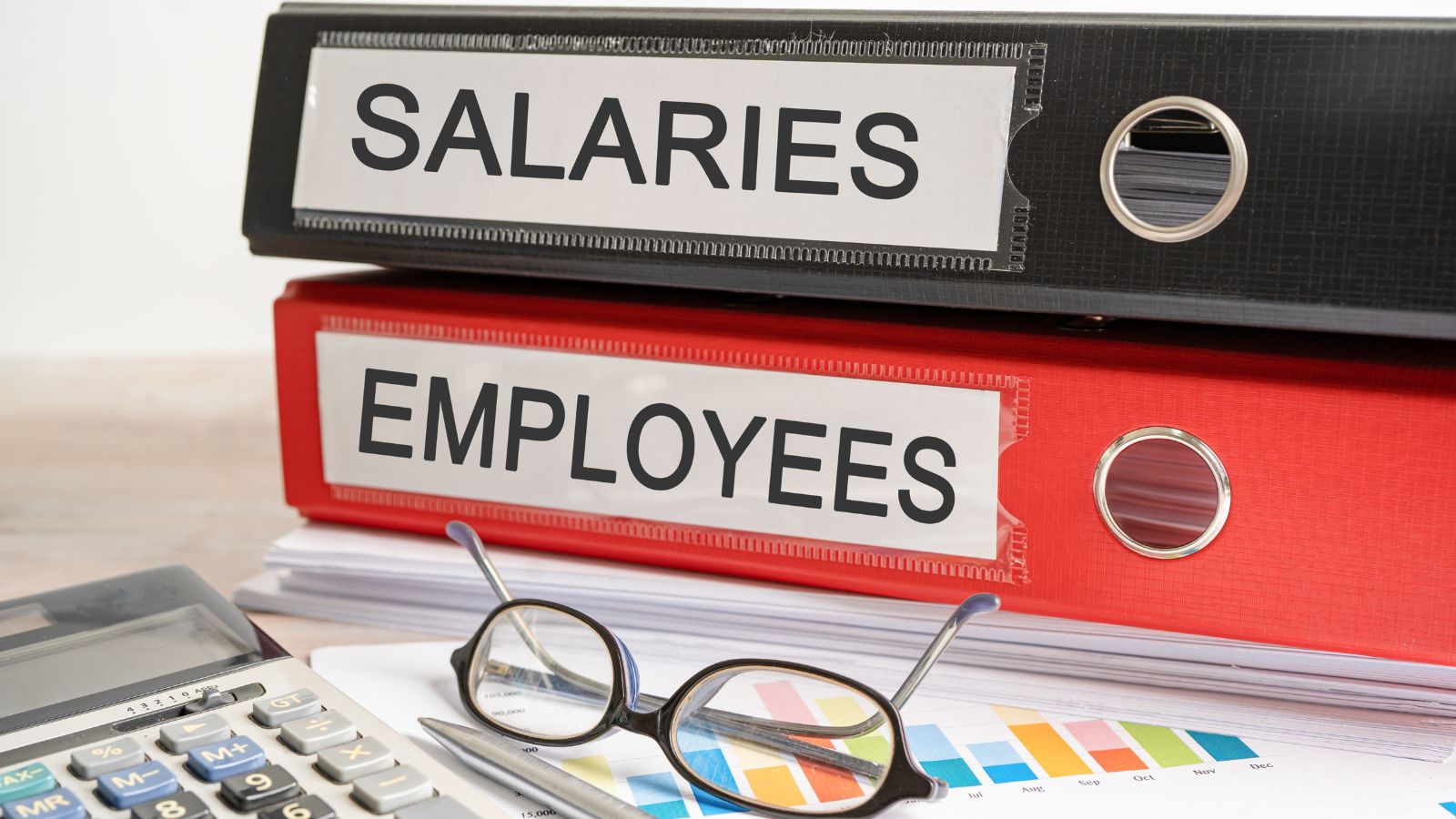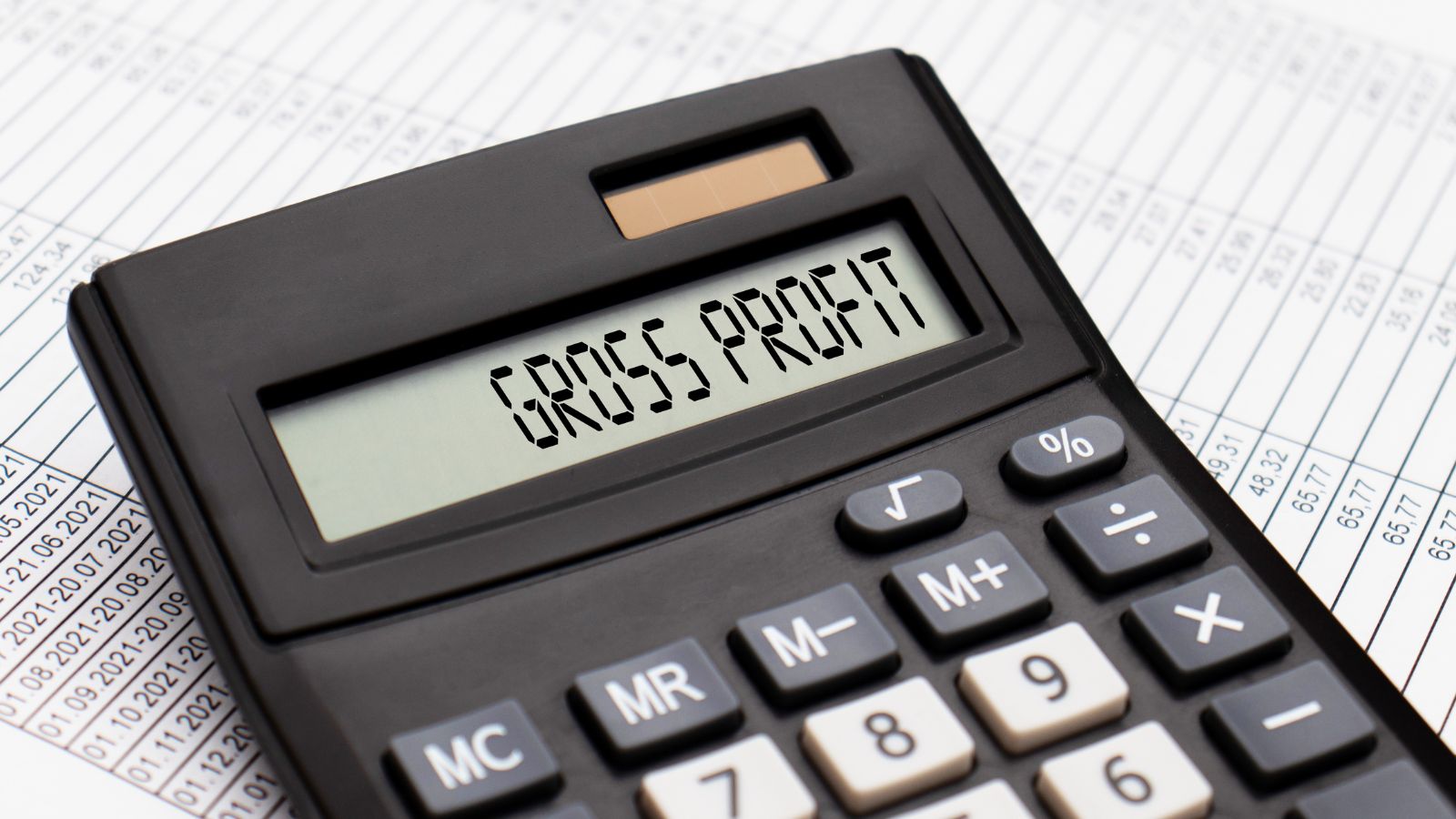There is such a feeling of excitement and anticipation when you start your own business. Only some people have the entrepreneurial spirit to launch something they have always dreamed of doing. It can be an enriching process, but it can also be risky if not done correctly. Owning a successful business is about so much more than doing what you love or are really good at doing. It involves marketing, sales, customer service, and keeping track of numbers, lots of them!
An endless list likely sits in front of you right now if you are considering a new business. Things that seem simple, like choosing a name, consume the precious commodity of time. If this is your first business, having an expert like your accountant guide you through some preliminary planning could save you time and reduce your potential for significant mistakes along the way. Here are some things that you might need before starting your business. Your review of these will answer whether you need an accountant or not to start your business.
Type of Business
One of the first things you must do when starting a business is determine which type of business you will have. This step is crucial as it will determine how you will be paid and file your taxes in the future. Understanding the nuances of each of these can be tricky, but much information is available on this subject. Working with your accountant would be advantageous to ensure you choose the right one for your goals. Here are the main types of business structures.
- Sole Proprietorship – This is as it reads; one person is the owner and operator of the business. That person is solely responsible for taxes and legal issues.
- Partnerships – Two or more people share the business. The profits and losses are split along with the risk and tax liabilities.
- Limited Liability Company or LLC – Provides an extra layer of liability protection for the company’s partners.
- Corporations – Typically for larger companies whose owners are considered shareholders of the company.
Owner and Employee Salaries
Doing what you love is great; getting paid is even better! Once you determine your business type, it’s time to think about how to pay yourself and your employees. You may want to pay people weekly, but your cash flow may not allow that. There may be a few employees you wish to pay a consistent salary while others get paid hourly. Here are some questions to think about regarding compensation.
- How will you and others keep track of their work time to calculate pay?
- Are you going to personally process the payroll or pay someone to do it?
- How much can you afford to pay yourself from the business?
- Will that money come as a salary or as a draw from the business?
Estimated Tax Payments
Taxes. Everyone has to pay them in one way or another. When you work for someone else, the tax you owe to the federal, state, and local governments are often taken out of your paycheck and sent to the appropriate place. That responsibility falls on you when you are self-employed or a business owner. Even if you do not hire employees from the start of your business, you must pay your estimated taxes to avoid penalties and interest. There are forms and calculations associated with determining the amount you will owe. Having an accountant for this process will be most beneficial to ensure you don’t underestimate the total.
Gross Profit Calculation
You may have a product you are selling or a service. Either way, calculating your profit is crucial when you start your business. New business owners tend to “come in cheap” to get things going. If you do not have a profit margin that allows you to make a profit, you could quickly find yourself out of business. Numbers like that in your profit calculation can be sliced and diced in many ways. The easiest place for you to start is by calculating your gross profit.
- What was the total cost of the goods or services sold? – Include everything that goes into making the product or performing your service. New business owners often let things slide, like the cost of driving to the client or the paper used to pack the product for shipping. These should all be included in your total calculation.
- How much revenue did you make? – This is often referred to as your net revenue. You can arrive at this number by taking the total of your sales and subtracting any discounts, returns, or adjustments to your invoices. Setting up your accounting system with sales categories will best allow you to group your items to determine which are profitable and which are not.
- Gross Profit – You calculate your gross profit in dollar amounts by subtracting your cost of goods/services from the net sales. This will give you a total amount of gross profit. Many business owners like to have this in a percentage or gross profit margin. To turn your gross profit into a percentage, it’s simple math. Your gross profit (Net Revenue – Cost) is divided by your Net Revenue. You will be left with the percentage of your gross profit.
Having an accountant help you get started will give you the confidence to know that your business has been established with success in mind. They can guide you through the basics to get going and help you with issues or questions as you launch your business. The Hayes Accounting expert team is available to help you get your business off to the best possible start.
Contact us to get your business going.






